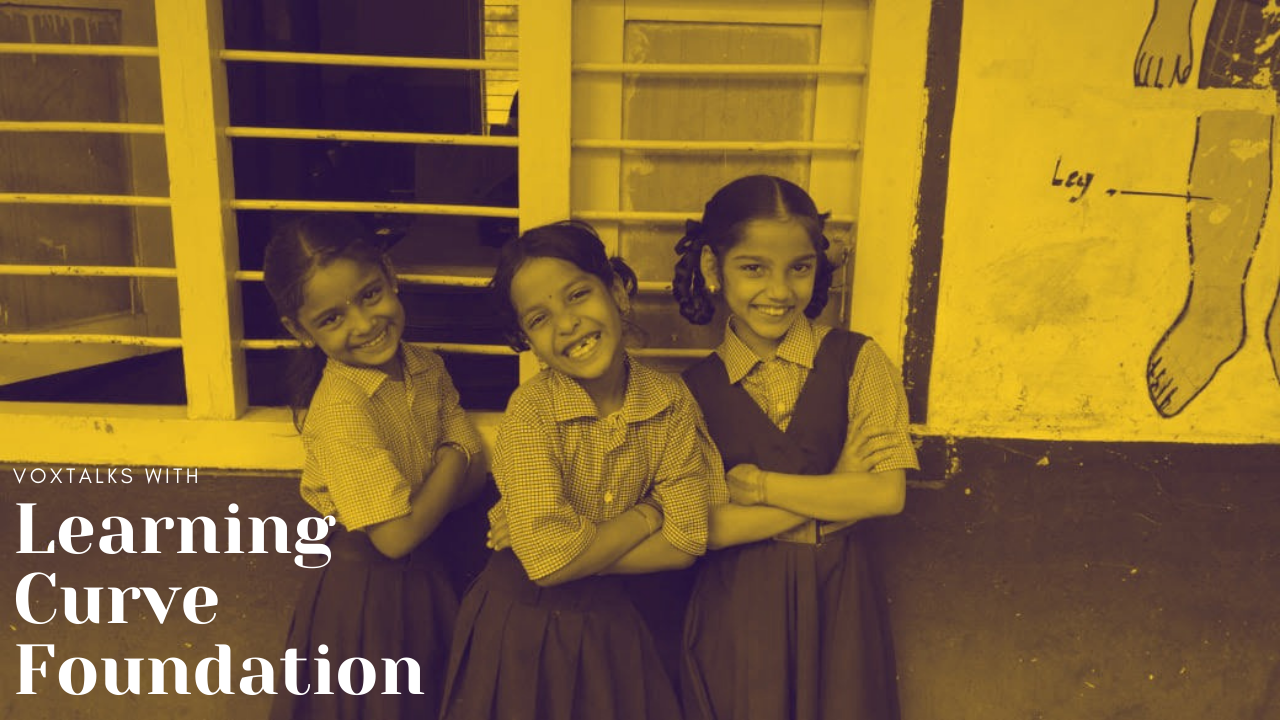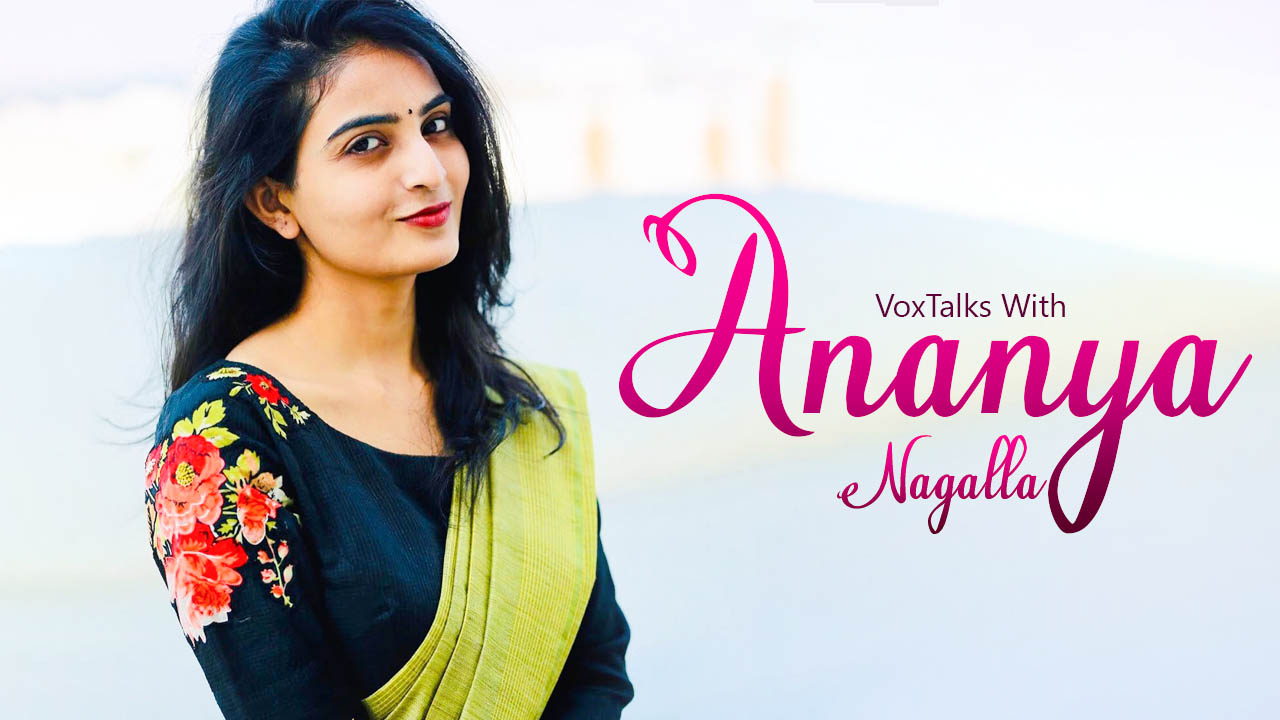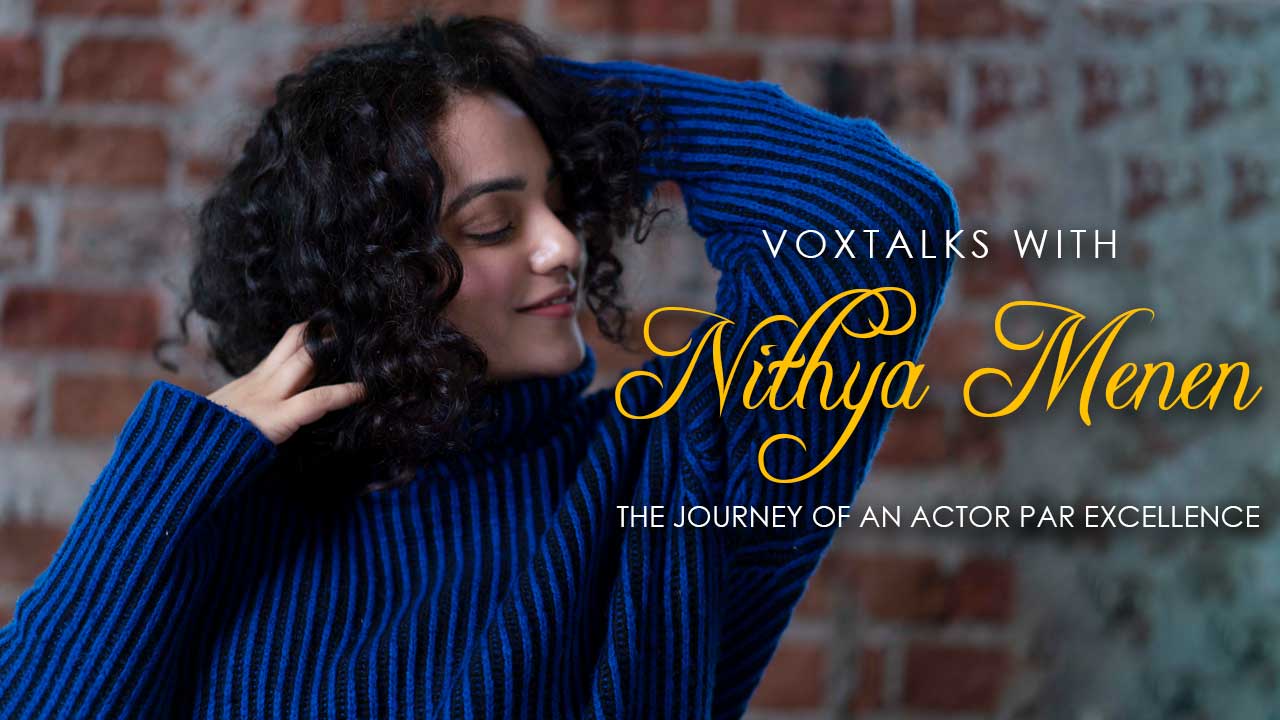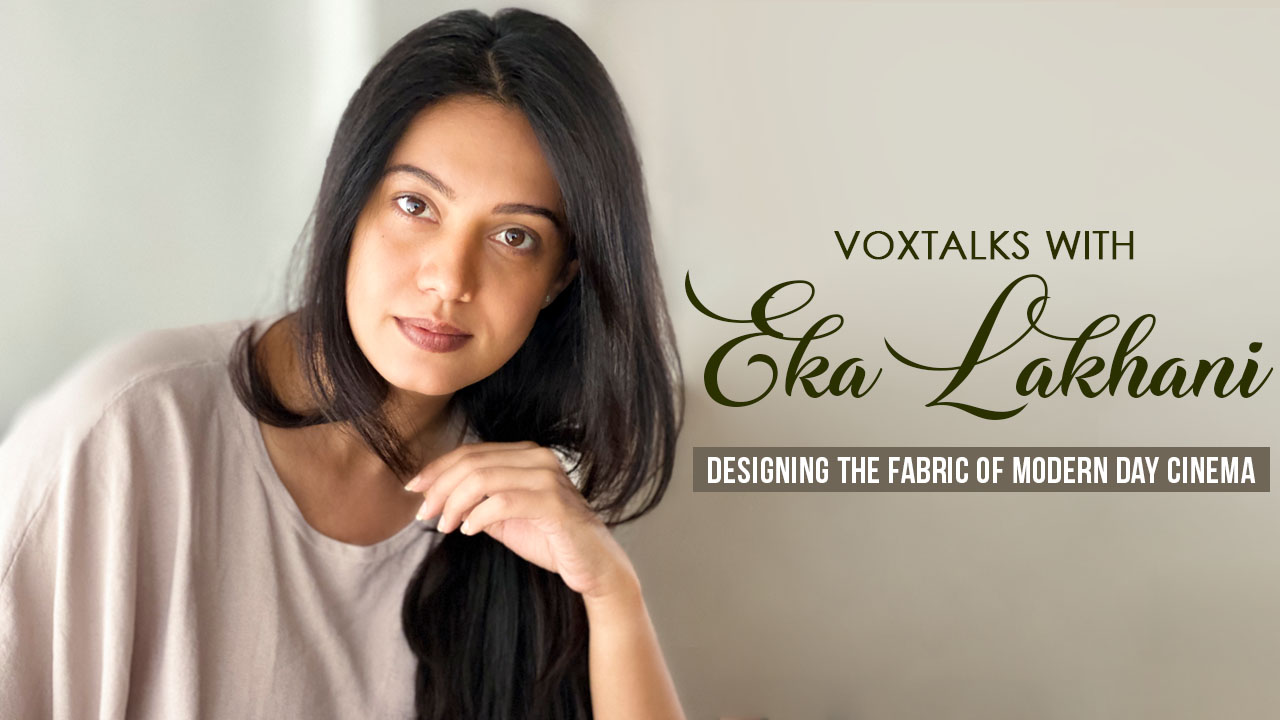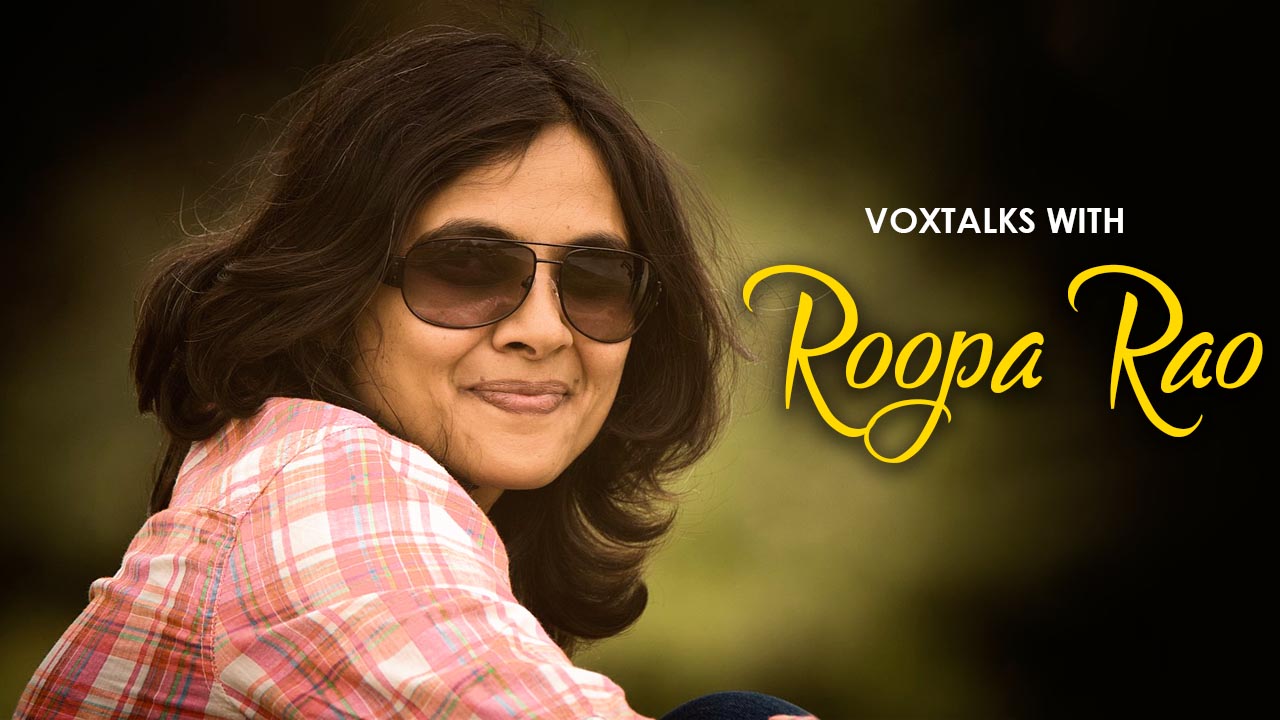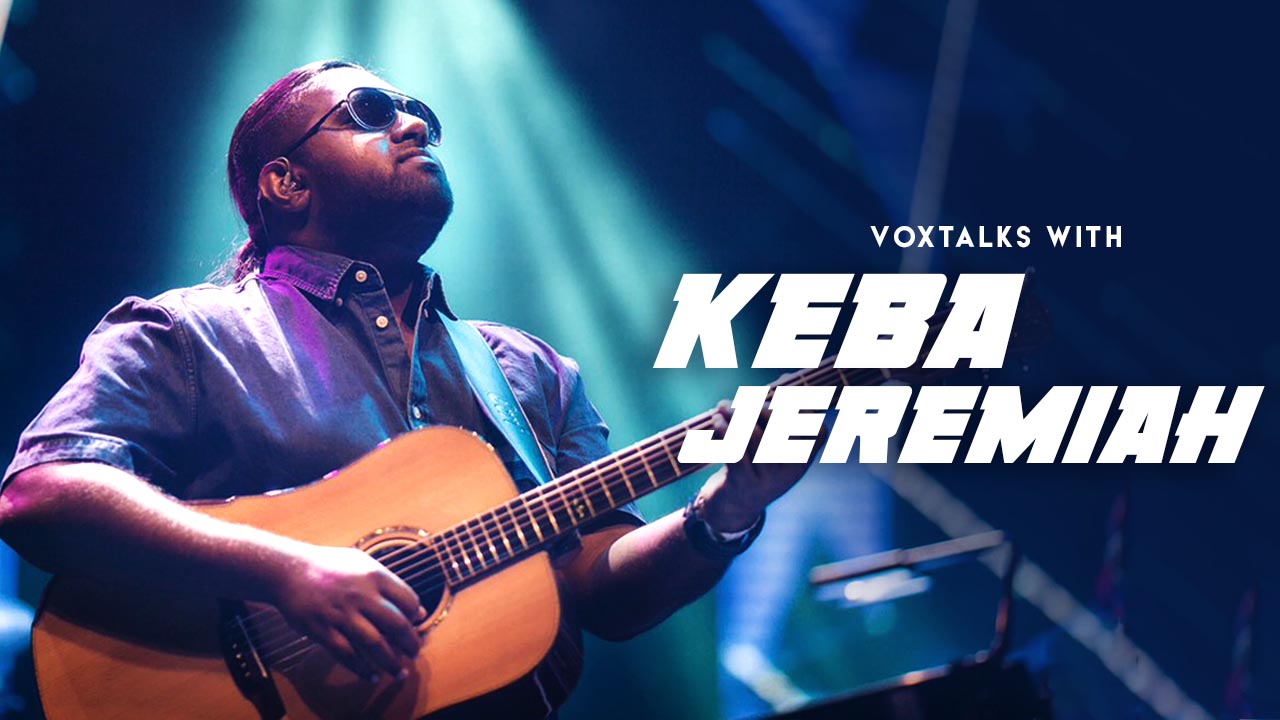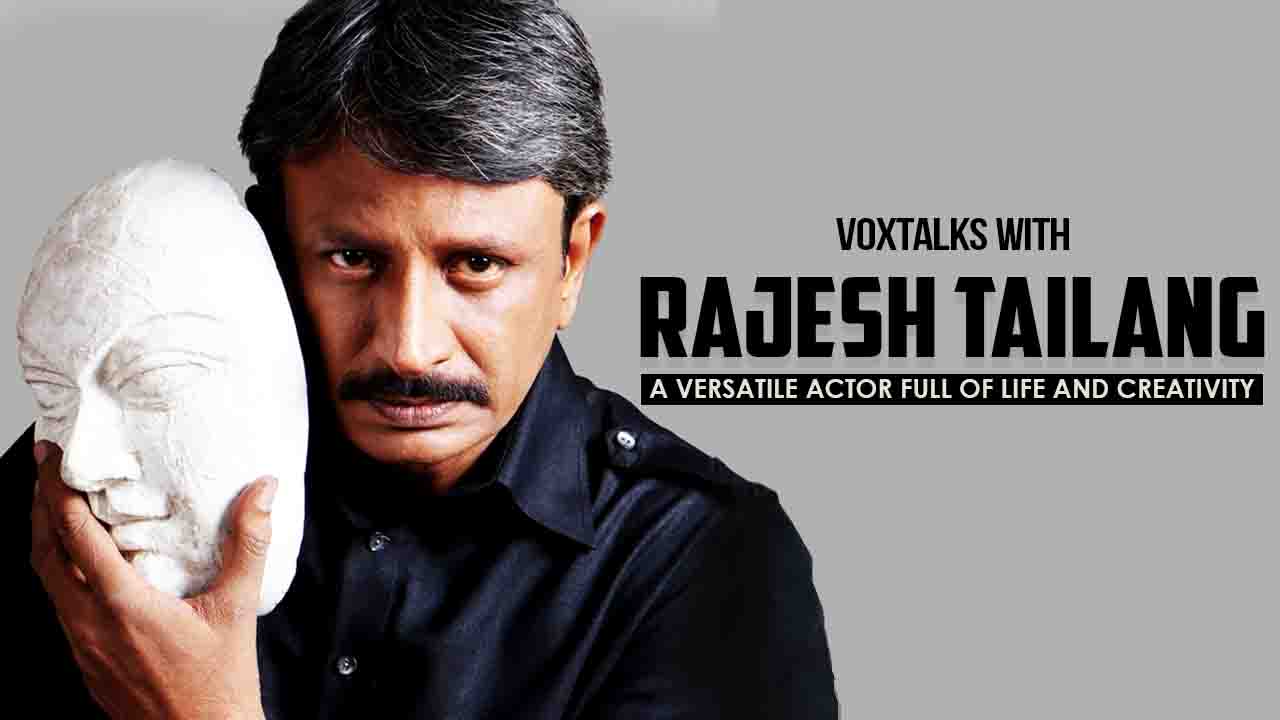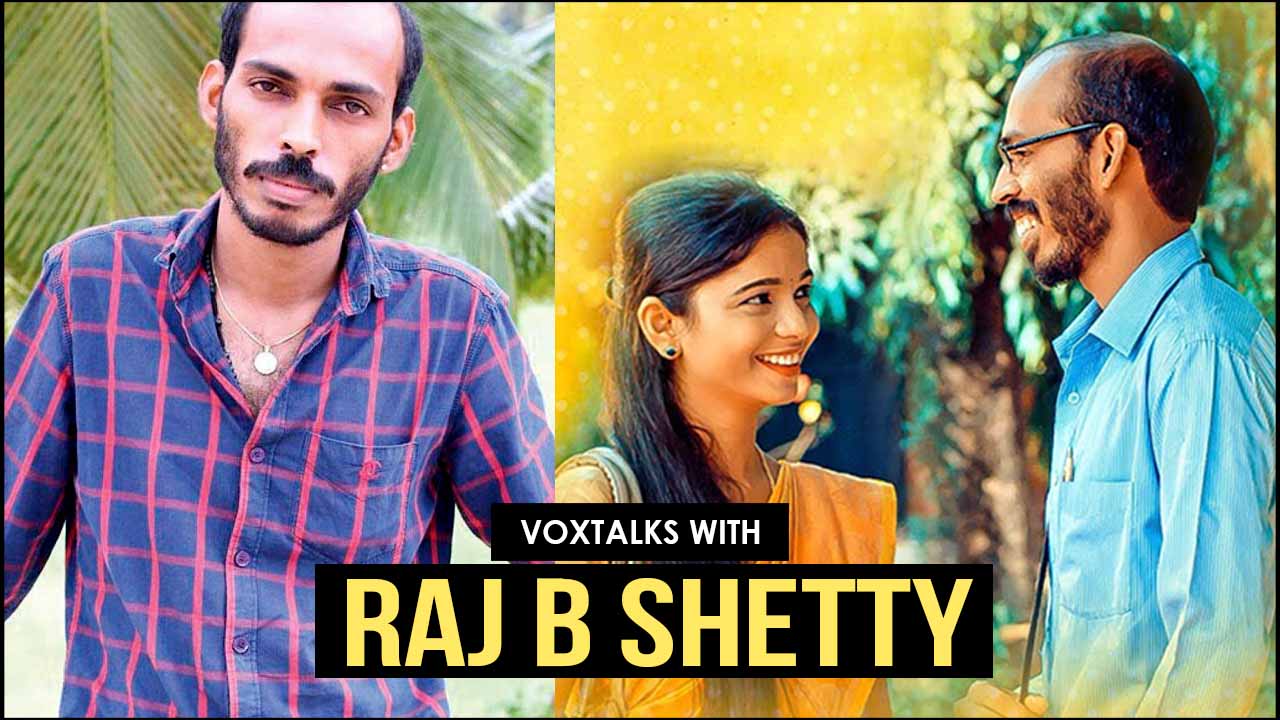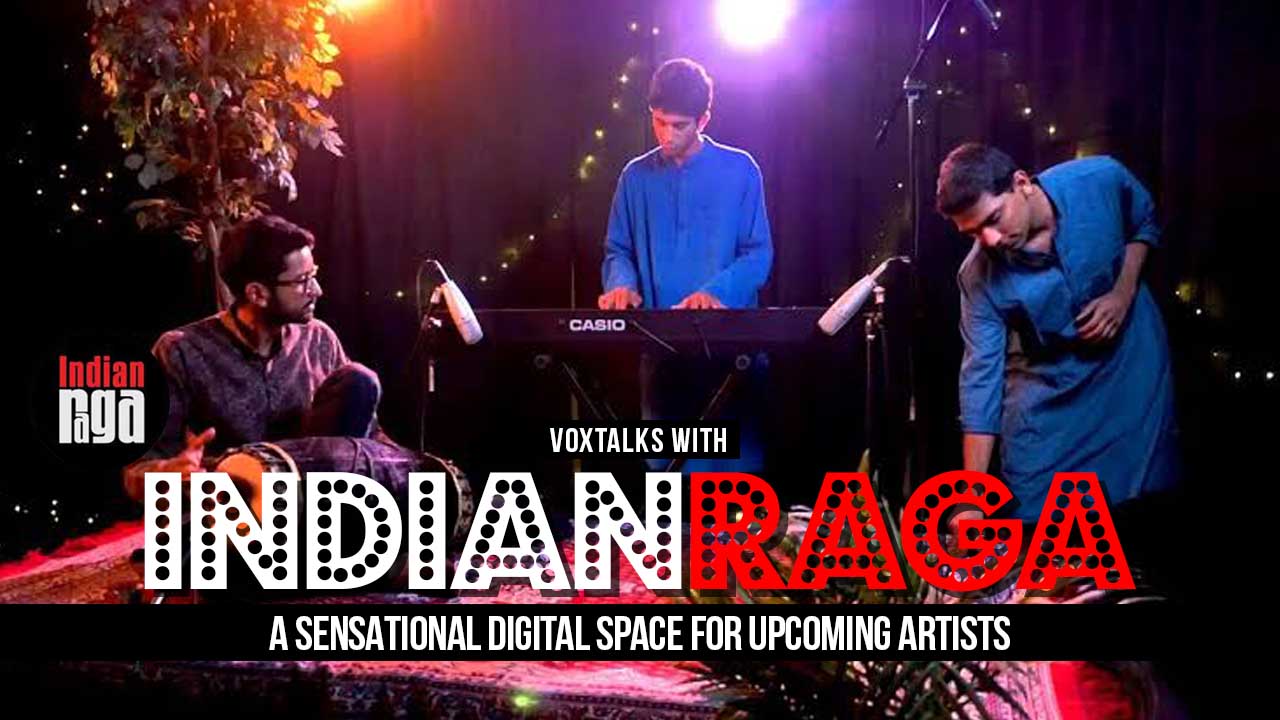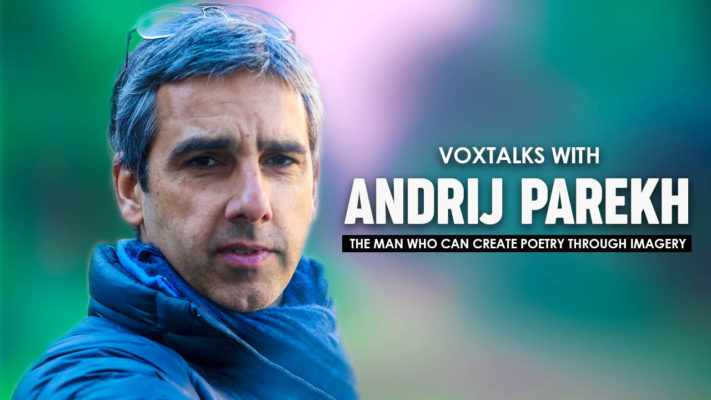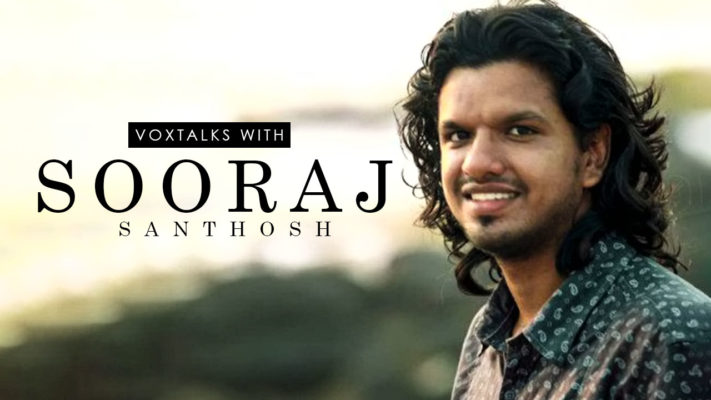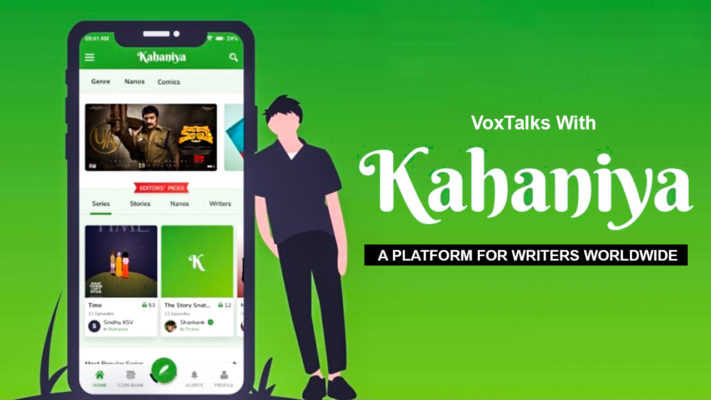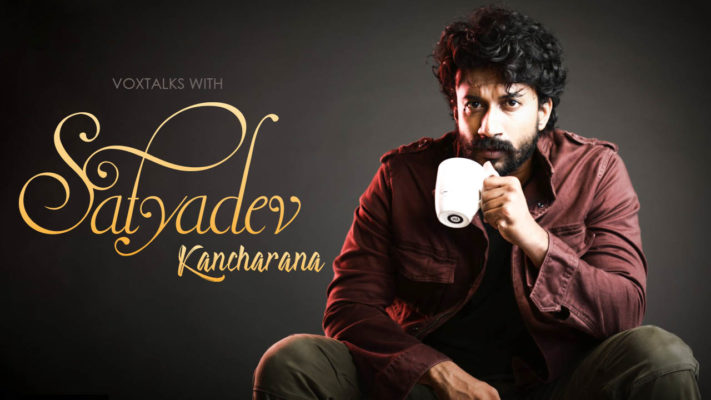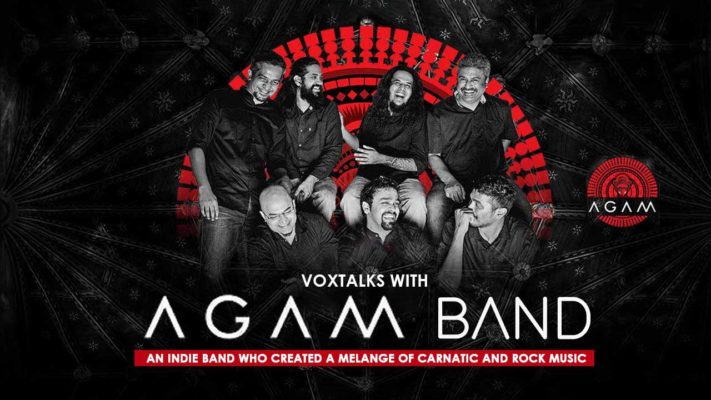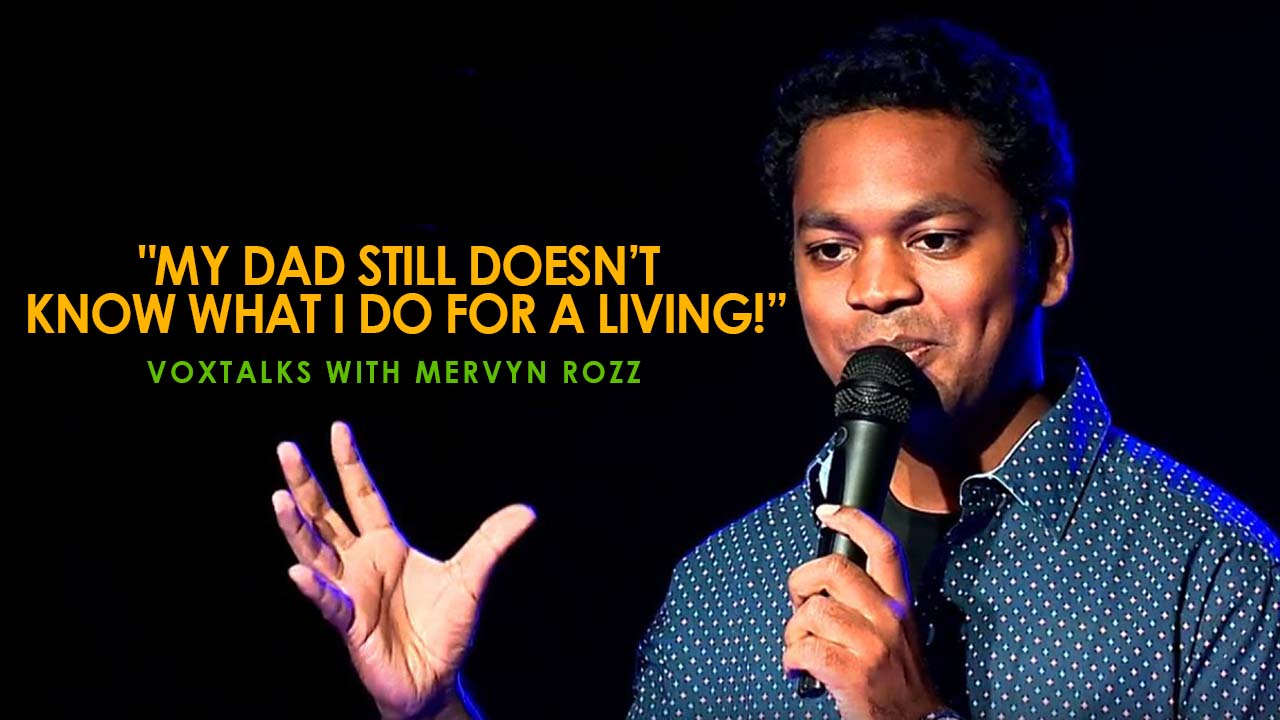
Mervyn Rozz: You Must Be Wondering If You’re Talking To A Spiritual Guru Or A Stand-Up Comedian
A self-deprecating sense of humour and a practical take on life is Mervyn’s USP. Mervyn Rozz is a naturally hilarious entertainer who has struggled to create a pathway of his own to suit his diverse interests. His foray into stand-up comedy started around 2016, when he was looking for an outlet to revisit his college days when he was a host and anchor for cultural events. After his show at Hyderabad, last month, we, at Voxspace, got to catch up with him for an interview. He describes his journey so far, how he manages to leave us in splits and his future projects.
Mervyn Rozz, the stand-up comedian. How did the journey start? What’s the story behind your entry into the stand-up scene?
Right from my school days, I’ve been hosting shows, MC’ing in college events and conducting presentations and other different forms of public speaking. During these days, I tried to induce humour where ever I can, even though it was a serious presentation like in my MBA classes. From a very young age, I started anchoring for various events within and outside my apartment. I was asked to host the social events and I slowly began to learn how to involve humour in these scripts and realised that humour no matter where, works. As a host, it is important to make them laugh and keep them entertained throughout the event. I developed this sense or thought that people/audience will notice you only if you’re funny and have a good sense of humour, apart from conducting these fun activities.
But after I graduated from college, there was a gap of six months where in I realised that I wouldn’t be able to do all this again; maybe this is where it ends. During this time circa 2016, I saw an ad in the newspaper about an open mic in Chennai for anyone to come and try out their jokes. I felt a little “inferior or insecure” about trying it out because I was worried if I could do as well as the others who came there. So, one day after office, I went and checked this “open mic” in a coffee shop named Lloyd’s Café located at Alwarpet, Chennai. The first two open mics, I went as an audience and during the third one, I enquired if it is members-exclusive or is it open for everyone. They informed me that it was open for everyone since it was an “open mic” and you would have to register and perform your content for 3-5 minutes. When I tried out my first open mic, Aravind SA was there and he was trying out some of his new content. I was taken aback when I saw him at the open mic because he was already established and someone I’d dream of meeting after a year or so. I had no idea that even SA would come and test his new content in an open mic and after the show, I had that “fan selfie” moment and that’s when he told “That was great and really funny”, and the audience had a positive reaction to my content as well.
That’s when I felt confident and realized what stand-up comedy is all about. After that open mic, things started falling into place, I performed at several open mics, wrote and tested my content and it became my format or mode of expression. When prominent stand-up comedians perform, they rope in someone to set the mood for the opening act and I started doing opening acts for “big” stand-up comedians like Aravind SA, Praveen Kumar. That was the beginning, the start of a whole new journey.
From the time you started in 2016 to now, October 2019, how much has the Tamizh stand-up comedy scene changed, both personally and overall?
There was a time when stand-up comedy was a big thing when Russell Peters came and performed. Both English and Tamizh stand-up comedy hadn’t really developed as such. Every upcoming stand-up comedian like Kenny Sebastian, Aravind SA were performing more at pubs and coffee shops. Whereas now, the reach and scope to perform at various places has drastically improved. Slowly, the market is spreading to both urban and semi-urban areas such as Coimbatore, Karaikudi and the audience base has also increased due to the OTT influence. The kind of content on OTT’s and other web platforms found an audience base and people started understanding that stand-up comedy was a new format of comedy, similar to the TV content like mimicry, funny exchanges between 2 people, etc.
During 2016, Aravind SA and KK (Karthik Kumar) were really popular in Chennai and slowly, within the span of 3 years, the amount of web content spread throughout the state and there was a lot of scope for upcoming talent. These days, open mics happen very frequently in a week all across the city whereas, in 2016, open mics happened once or twice a week. There are 2-3 stand-up comedy shows happening almost every weekend in Chennai and open mics almost 5 days, a week. Financially speaking, the income has also doubled and grown manifold for both established and upcoming comedians, depending on their level of popularity. We can say if someone wants to make a living out of this profession, there is a path laid out, unlike the times in 2016.
What is your writing process like?
I don’t think a lot and follow a routine of writing everyday for 30 minutes or write 10 jokes a day or something of that sort. If I want to try something or have an idea, I note it down in 1 or 2 lines or in form of bullet points. Usually, I get inspired when I see something in reality and later on, think about developing into content that might work. During open mics, I’ll try out the basic idea and I’m not a person who will elaborate and perform line by line as written in a script. Once I receive the feedback from the audience, I’ll try and polish the content to make it more interesting. I don’t calculate the content I present in terms of time or pages but I’m more impromptu and I want it to come across in a way that I’m sharing my thoughts and perceptions on certain things with the audience.
I’m very particular about the fact that – People shouldn’t feel that I’m uttering a written script. To try and avoid that, I note down my ideas and sketches only and perform in an unrehearsed manner. I like to interact with the audience which passed onto me from my MC’ing days. Honestly, I don’t know the difference between content creation and audience interaction. When I feel that the audience are becoming disinterested or dull, I go back to my comfort zone that’s audience interaction, which comes naturally to me. Nowadays, I try and switch between audience interaction and the content I have to maintain a balance during my performance.
What if your content is not getting the audience’s attention as expected? How do you improvise?
That comes mainly with experience, that is when you’ve performed at so many open mics, private shows, and public performances, you learn to understand and judge what your audience want. Suddenly, when you are performing, you might remember what somebody said regarding that particular situation or your personal experiences and it usually works. You can’t really prepare for it but experience helps since you’ve handled such situations before and connect things faster in your head.
Generally, in an audience, you find certain common profiles like doctors, software engineers, a young couple or parents who’ve gotten their kids along with them. You would have met such people in real life, so you know what sort of content will work on them. You may have tried it somewhere else and is usually generic with most of them. But sometimes you tend to meet different people in the audience and you start wondering what to perform. For example, you had come to our show and you’re a freelance writer and I’ll wonder how to interact to you. I can ask something like,
“Since you are a freelance writer, who else earns in your family?
It’s okay, Ma’am, it’s better than being an HR because both of you are free most of the time.”
How to make sure you don’t offend the audience since you interact a lot with them?
To be honest, if I think I may offend somebody who had come to my show, I apologise to them on Facebook out of guilt. Most of the time, I try to balance and not cross that thin line between humour and offensiveness by putting myself in their shoes. When you’re trying to be humorous, you should not limit yourselves either, otherwise it will end up being a conversation and not a stand-up comedy show.
If at some point I think it’s going overboard, I will immediately stop and steer it to a safer subject or end up saying, “Thank you, sir for coming to our show. Welcome to the show.” Usually, if you observe in most of my shows, my last line will be “Nice to see with the family, hope you have a great show.” But then, there are also these set of people who might not take it sportively and can create problems which is unavoidable, but somehow, we try and avoid touching personal issues.
When you talk about delicate and sensitive issues like politics, Thala and Thalapathy fans, etc., does it curb your content or free flow of expression? Does it restrict your reach?
True, it does. It’s not like we pick up the mic and speak whatever we want. We try and communicate in subtle ways otherwise we avoid such unnecessary problematic issues, instead we stick to our school, IT unemployment jokes. The problem arises when they take it like a personal attack and not in a humorous manner.
For example, a colleague of mine who made fun of an actor, him and his family members were stalked by the members of the actor’s fan clubs and it affected him personally and professionally. We try and play it safe as much as possible but at the same time, keep it funny as well. It’s sad and unfortunate but if you have the backup, it’s a risk you’d be willing to take but most of us do not, usually when we know it can have after effects.
When you perform solo, you perform in English whereas, with Jagan, it is usually Tamizh. How do you maintain that balance between English and Tamizh?
When I started out in 2016, English was the only medium and most of the comics I saw who were from Chennai or outside, preferred English. That’s how I started preparing content in English too. English being the common language across the country, it is highly preferred for corporate shows or private shows because the audience are more pan-Indian in nature and it can be universal that way. Corporate shows being our primary source of income, we translate our Tamizh thoughts into English content.
So, when Jagan had this 30-minute idea about cinema, for example, Acadummy Awards and that helped me work on Tamizh content in a full-fledged manner. This particular sketch got positive reviews from both the audience and the other stand-up comedians (Who do not get impressed easily and can be very critical). They said that it came much more naturally to you. Jagan asked me to develop a sketch as well for 30 minutes regarding cinema, where in we can do a show together, which eventually became a tour across the country. Even now, I’m in a dilemma as to which language to perform in, completely. Some jokes work in Tamizh only, like Tamizh cinema, serials and regional context/references and will lose their essence if translated to English. I haven’t decided yet as to which language to perform in completely and it depends on the response I’ll be getting after people watch the videos of my show with Jagan Krishnan- Oru Time Pakalam.
In an age where memes spread like wildfire and making people laugh is a challenging thing, what are the pressures you face as a stand-up comedian?
These days, the personality of the comedian is increasingly gaining importance when compared to the his/her content. They want to establish a connect with the personality and only then are they persuaded to come and attend his/her show(s). Various contributing factors can be his/her background, mindset and style of delivery. Being myself and keeping my originality intact is what will help me survive in this competitive world, where live entertainment has various formats. Two elements are vital to be a successful stand-up comedian – promotions and being your original self. Creating a likable personality and relatable personality is also crucial. As a matter of fact, whoever handles the competitive pressure and themselves well will survive. I hope it’s not getting too deep and intense; you must be wondering if you’re talking to a spiritual guru or stand-up comedian.
Advice to upcoming stand-up comedians?
Find your content and be open to feedback. Whether you accept that criticism or not, make sure you listen to it first. It’s important why you would want to pursue stand-up comedy, have a clarity about your reasons to do it. Whenever he/she picks up a mic, his/her goal should be to entertain the audience and they should have a good time. According to me, more than a person who gets on to the stage to talk, it takes guts for a person to declare that he/she’s going to make you laugh. It takes a lot of confidence to do that because he has given the audience a commitment, a promise to make them laugh. An upcoming comedian should also have a plan, analyse his yearly progress (financial factors, audience reach and content creation) and find ways to promote his content as much as possible.
Sometimes, you perform with other comics as well, especially with Jagan. What is your chemistry like?
Both of us started off our stand-up career in 2016, we know each other well, like our strengths and weaknesses, type of content, etc. There is a mutual understanding and awareness of what works for us and what does not, maybe that can be called “chemistry”. We respect each other’s unique talent and we take our feedback very seriously and are in fact, get harsh on ourselves sometimes. We don’t compete with each other and both of us know our struggles since we started together, eventually, it has worked for us. Our combination on stage wouldn’t have worked if we didn’t share the same mutual respect and understanding for each other, off-stage. We perform together because we really enjoy doing it and not for the sake of it. We promote each other’s work constantly and we complement each other, in fact, people tell us that they like our “one-by-two” show.
When your audience do not get your well-written joke, how do you manage to cover it up?
What else can we do, we’ll end up asking “So what do you do, madam?” We will try and avoid such situations and we end up using our regular jokes. Judging by the audience’s reactions, you know when you’re making a mokka (mediocre) joke, so it is difficult to cover it up but yeah, you have to accept it and move onto your next joke.
Fun Questions:
Favourite stand-up comedians?
Kenny Sebastian – He can make fun of anything and everything and never bore for a single second in an hour-long show.
Zakir Khan – The storytelling format that he uses is very interesting and the way he understands the audience’s silence is note-worthy. It is very important for a comic to understand silence than the laughs.
Your first show experience?
We performed at Dindigul (a small town in Tamizh Nadu) for the first time and the audience who came didn’t know what stand-up comedy shows are about. They thought it was a music and dance show. So, when we asked the men if any of you drink, they were shocked and didn’t want to answer with their wives sitting beside them. Instead, we had to conduct some fun activities, Jagan played music on his guitar and I ended up dancing on the stage. Even today when we think about it, it’s really funny but also, a little tragic because that was not the intent we went with.
Three things the world doesn’t know about Mervyn?
First, they should know me. Most of the people don’t know Mervyn only. Haha! My biggest inspiration is actor Siva Karthikeyan, not a fighting-my-hero-is-the-best kind of fan but limited to wallpapers, FDFS (First day first show) type. If I get a chance, I would love to have a cup of coffee with him.
And another thing most of the people don’t know is, my Appa (dad) has no idea about my profession, content, stand-up comedy format and all. But my mother knows a little bit though.
I have always idolised RJ Balaji, the way he has diversified his interests, he is an RJ, cricket commentator, host and actor at the same time. Maybe one day, I’d like to be someone like that and expand my areas of interest.
Tricky Situations
You’re in a club filled with Thala and Thalapathy fans, what would be your opening line?
I’m scared to tell you only, I can’t imagine myself in such a scary situation at all but anyways, my line would be:
“Ella fans-um ipdi otrumai ah irundhanga na, heroes ku market kadaikardhu kashtam dhan.” (If all fans will be as united as them, the heroes will have a tough time in the market)
Because both the parties being at the same place would never happen anytime in the coming future.2. What if you wake up on the Bigg Boss set?
Suddenly you asked so much about my career and it looks like my career took a U-turn, my opening line would be:
“Never underestimate any place because you never know, one day, you might land up there.”
What if you wake up as Donald Trump?
I would hold live shows and sell tickets because very naturally and effortlessly, he performs stand-up comedy. He is not understanding his potential, so I would sign a Netflix Deal and most importantly, I don’t have to worry about a US Visa.
What are your future projects?
I have a written a feature film and the shoot is progress. It’s a comedy mainstream film. I have also written 10 episodes for an Amazon web series. It is currently in Pre-production. I’ve also hosted the Tamizh version of Comicstaan, it might be out in January, next year. Based on the feedback from these projects, we are also planning to do the season 2 of Acadummy Awards.
“When people take the time to ask your life story, you feel valued and it’s truly motivating. I hope it inspires at least a few people when they read this interview. When I look back now at my journey, I would have never taught I’d be interviewed. Thanks, to you guys in fact.”
We wish Mr. Mervyn Rozz all the very best in his future endeavours.

